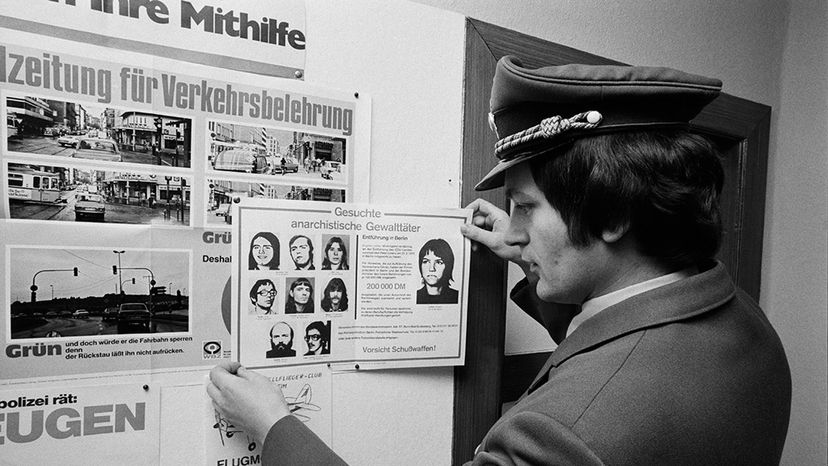The Baader-Meinhof effect involves two cognitive processes: selective attention and confirmation bias. Selective attention occurs when your brain subconsciously decides that something is important and starts noticing it more. Confirmation bias happens when you start to believe that something is more prevalent because you are seeing it more often, even if the frequency hasn't actually increased.
Selective Attention
When you learn something new or find something interesting, your brain deems it as important. This triggers your brain to subconsciously look for that thing without actively thinking about it. For example, if you learn a new word, your brain will subconsciously look for it, and you might start noticing it in books, articles or conversations.
Confirmation Bias
After noticing the thing once or twice, you start to agree with yourself that you are indeed seeing it more often. This is confirmation bias: the tendency to interpret new evidence as confirmation of one's existing beliefs or theories. So, even if the car, or the new word, isn't actually appearing with increased frequency, you start to believe it is because you are noticing it more [source: Pacific Standard].
